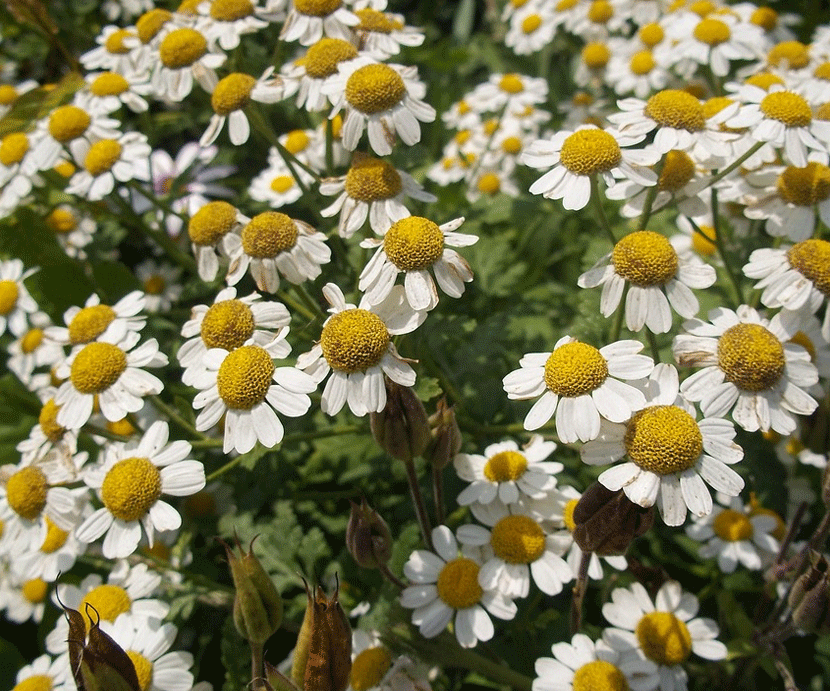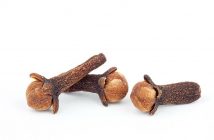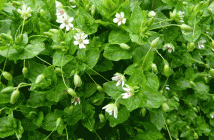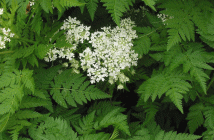 Aromatherapy involves the utilization of essential oils to cure physical and psychological ailments as well as enhance general well¬being. The activity was well established in ancient cultures world¬wide. Medical specialists in the powerful dynasties of both China and Egypt made it a cornerstone of their practice. The ancient Greeks documented the mood-altering properties of a blend of oils known as kyphi.
Aromatherapy involves the utilization of essential oils to cure physical and psychological ailments as well as enhance general well¬being. The activity was well established in ancient cultures world¬wide. Medical specialists in the powerful dynasties of both China and Egypt made it a cornerstone of their practice. The ancient Greeks documented the mood-altering properties of a blend of oils known as kyphi.
In aromatherapy, the oils can be administered through the skin, by way of massage; through the olfactory passage, by inhalations; or through the digestive tract, by means of ti seines. The absorbed oils are then taken up selectively by different tissues, producing a soothing effect as well as reinforcing the body’s own natural healing processes.
Because the oils are highly concentrated and possess diversified properties, they should be diluted in a base or carrier oil. A maximum of five drops of an essential oil to one teaspoon of carrier oil is generally recommended by experts. The latter may be a single oil or a mixture; popular choices include grapeseed, peanut, hazelnut, walnut, soybean, and almond oils.
Given the current popularity of aromatherapy, a wide range of essential oils are currently available in the marketplace. They include:
- Bergamot-helps lift depression
- Chamomile-relieves anxiety and dispels anger
- Coriander-combats tiredness and lethargy
- Frankincense-produces a calming effect; particularly effective when used in a vaporizer
- Geranium-soothes and relaxes
- Grapefruit-warming and soothing; functions best as a confidence booster
- Jasmine-soothes anxiety and helps bring on relaxation and sleep
- Lavender-acts as a relaxant and steadies the nerves
- Melissa-helps avert depression and induce a sense of wellbeing
- Neroli-eases nervous tension and anxiety and encourages sleep
- Rose ( or attar of roses )-also eases tension and anxiety, particular with respect to postnatal depression
- Rosemary-aids in overcoming exhaustion, stimulating the senses, and enhancing concentration
- Sandalwood-reduces anxiety and nervous tension
YlangYlang-functions as a sedative and antidepressant
The blending of essential oils results in synergistic compounds, each of which is recognized as having unique properties and actions. Less experienced users are advised to seek guidance from knowledgeable practitioners prior to the blending process.



